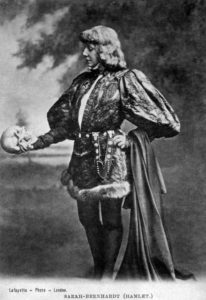 I don’t know about anyone else’s process, but I’m a pantser, so when I start writing a new novel, I have a few ideas about where it’s going, but it’s not all planned out by any means. That includes the characters. Generally I will start with a few bullet points of the action, the twists and turns of the story, but the characters often are close to a blank slate at the first. They always evolve as I write, some faster than others. And they very often surprise me.
I don’t know about anyone else’s process, but I’m a pantser, so when I start writing a new novel, I have a few ideas about where it’s going, but it’s not all planned out by any means. That includes the characters. Generally I will start with a few bullet points of the action, the twists and turns of the story, but the characters often are close to a blank slate at the first. They always evolve as I write, some faster than others. And they very often surprise me.
A while back I read Stephen King’s On Writing (yes, I know, I’m probably the last person on the planet to read it), and he talked quite a bit about being true to the characters. At one point, he described his process like this: Continue reading “Writing Fiction: To Thine Own Character Be True”

 Guest post
Guest post
 Indies Unlimited reader J. Johnson Higgins asks, “If you are an author and your writing is different from your other professional work, what are some best practices for keeping your identities under control so that they don’t harm one another? Fun examples: It’s cool if you’re a forensic psychologist that writes murder mysteries (everybody loves that) but if you’re a school guidance counselor that wrote a fiction novel titled “I Slept with Your Mom then Killed Her!” I imagine it gets really strange when it comes time to promote.”
Indies Unlimited reader J. Johnson Higgins asks, “If you are an author and your writing is different from your other professional work, what are some best practices for keeping your identities under control so that they don’t harm one another? Fun examples: It’s cool if you’re a forensic psychologist that writes murder mysteries (everybody loves that) but if you’re a school guidance counselor that wrote a fiction novel titled “I Slept with Your Mom then Killed Her!” I imagine it gets really strange when it comes time to promote.”